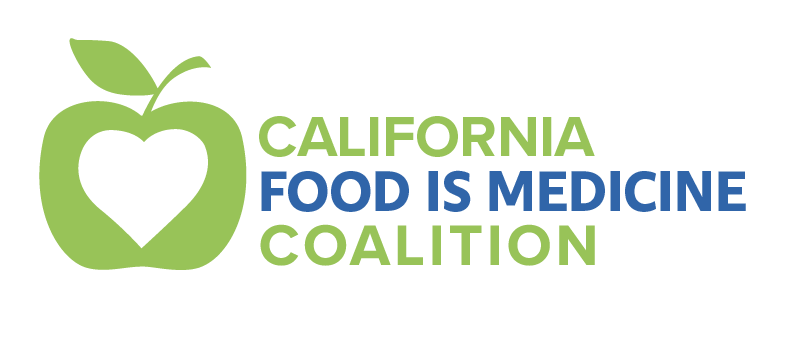
MTM Program Benefits
Benefits of CalFIMC’s Medically-Tailored Meals Programs
Highlights of MTM outcomes include:
Reduced Hospitalizations and Emergency Visits: Up to 63% lower patient hospitalizations and 58% lower emergency department visits following MTM interventions.
Decline in Health Care Expenses: Up to 32% lower health care costs for patients receiving MTMs, compared with patients not in intervention.
Improved Medication Compliance: Half of patients surveyed had better adherence to medications when part of an MTM program.
Increased Nutrition Security = improved health outcomes
Improved Patient Satisfaction including alleviation of stress and anxiety
Protect Limited Hospital Resources While Keeping People Safe at Home
Unique advantages of non-profit, community-based MTM programs:
CalFIMC’s non-profit, community-based member organizations are ideally positioned to successfully implement medically tailored meal programs in California and beyond for a host of reasons. Advantages of such organizations implementing these interventions include:
Extensive Experience: Combined, the eight CalFIMC agencies have 165 years of experience providing medically tailored nutrition to thousands of clients in communities across California. We are leaders in the Food is Medicine field.
Expert Staff: CalFIMC agencies include in-house registered dietitians and nutrition consultants who oversee meal development, and provide one-on-one nutrition counseling, which helps clients stay on track.
Community Engagement: Member agencies educate and train thousands of meal delivery volunteers, whose efforts alleviate client social isolation.
Capacity Building: CalFIMC member agencies have developed substantial on-site facilities and infrastructure, including commercial kitchens, state-of-the-art culinary centers, and transportation services.
Economic and Employment Enhancement: CalFIMC agencies provide direct financial benefits to the state by generating jobs, supporting local farms and food systems, and providing training and skill development.
Healthcare Ecosystem Partners: CalFIMC agencies are embedded in existing health care and social service networks in California communities, making for a seamless integration in services.
Geographic and Demographic Growth Potential: CalFIMC’s meal programs are designed to be able to serve large numbers of clients and can be readily expanded to reach patients statewide. Strategies to expand the scope of this intervention are currently being explored.
Alleviation of Social Isolation: CalFIMC agencies’ home visits, phone check-ins, and in-person meal delivery by staff and community volunteers provide important social interaction, alleviating isolation.
Compatibility with Existing Public Programs: Initiatives such as the Ryan White HIV/AIDS Program illustrate the wide-ranging benefits of partnering with non-profit, community-based organizations to provide invaluable health care services.


